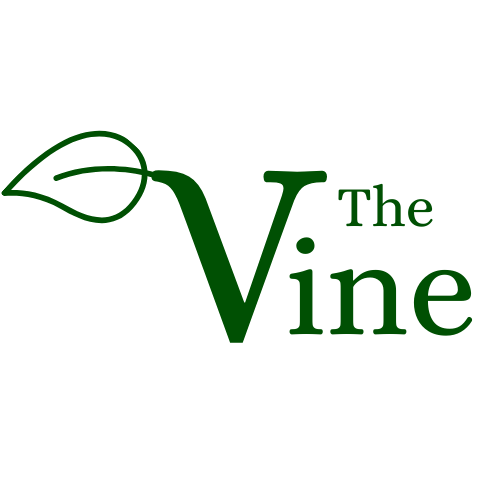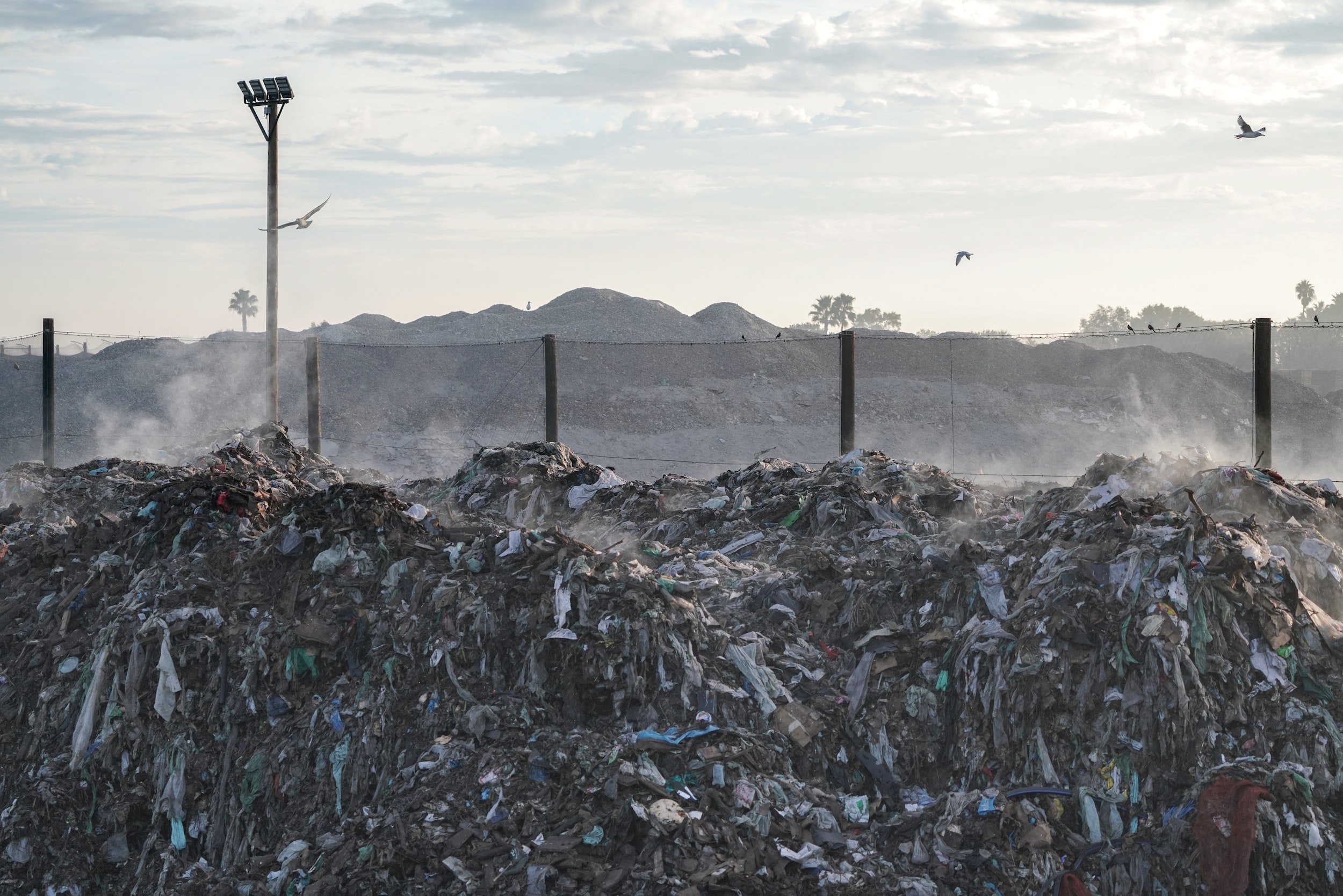Let’s Talk Trash
Irvine’s new organics recycling program will turn food waste into heat, energy, compost, and mulch instead of methane-producing landfill trash. Photo credit Katie Rodriguez
Irvine has a new plan to put our food scraps to a greater purpose.
Beginning April 1st, all Irvine residents will be required to recycle organic waste. This means uneaten food (meat, bones, dairy, fruit, and vegetable scraps), food-soiled paper products (napkins, paper towels, and uncoated cardboard), and yard waste (clippings, small branches, grass trimmings, and leaves) must be put in a dedicated organic waste container.
Matthew Cuevas, a Senior Management Analyst with Irvine’s Public Works and Transportation, agreed to give us all the dirty details on Irvine’s new system for freeing up our landfills and cleaning up our air.
“State law requires that commercial and residential facilities participate in an organics recycling program,” says Cuevas. “The law leaves it up to each city to design their own program.”
The law in question, SB 1383, was created to reduce emissions of methane, a potent greenhouse gas. According to Project Drawdown, “Food waste generates unnecessary greenhouse gas emissions and wastes both water and land, harming ecosystems.”
SB 1383 aims to reduce food waste in landfills by 75%. Irvine is ready to do its part in conjunction with Waste Management, who will process the waste to produce a mixture of heat, energy, mulch, and compost.
“We’ve opted for a hybrid system,” explains Cuevas, referring to systems for residents with three trash bins and residents with two trash bins.
Three-Cart Residential Organics Recycling
Half of all Irvine residents currently have three trash bins: one for recycling, one for yard waste, and one for everything else. Three-bin residents will mix food scraps and soiled paper products with yard waste in the green waste bin.
No plastic, including trash bags, will be allowed in the green bin. This means food scraps will need to be disposed of carefully to avoid pests and odors. While official fliers say pests are no more likely to be attracted to our garbage than they were previously, it seems probable that more pests will want to settle near our trash without trash bags providing as an extra layer of protection against flies and rodents. Cuevas has a few suggestions on keeping pests and foul odors at bay.
“Keep your containers closed," Cuevas warns. “Mix yard waste with food waste. Use baking soda or charcoal filters to reduce odors. Mix in newspapers.”
Cuevas personally freezes food scraps to avoid these issues. He tosses them in his organic waste bin the night before trash collection. It may be worth giving up some freezer space for organic recycling material to avoid attracting insects and animals. He also mentions garbage bin cleaning services as an option for residents to keep containers clean.
If your organics bin gets particularly disgusting, it can be replaced by Waste Management for $18.92.
Two-Cart Residential Organics Recycling
The other half of Irvine residents have two trash bins: one for trash and one for recycling. Cuevas says Irvine is learning from other cities’ mistakes with these residents.
“In some cities, everyone got a third bin,” says Cuevas. “Some didn’t have room for a third bin or their haulers didn’t have room to collect them. So we’re giving these communities two options.”
One option for these areas is to provide each resident within a condo or apartment complex their own green bin. Residents in areas who choose this model will follow the same organics recycling rules as other three-cart residents.
The second option is a communal food waste container. This would be emptied by gardening or janitorial staff employed by apartment or condo complexes. For these residents, compostable plastic bags would be allowed however the plastic used must be clear. Why must the plastic bags be clear? Because someone is keeping tabs on our trash.
Waste Management is Watching
No fees will be assessed in 2023. The city recognizes that there will be a learning curve for residents as they revamp their garbage tossing habits. But eventually there will be a price to pay, literally, for trashing Irvine’s organic recycling rules.
“Waste Management trucks are equipped with cameras,” Cuevas says. “When the container gets tipped, it records the contents.”
Residents will receive a warning from Waste Management for improper disposal. If the warnings go unheeded, they will be charged a Contamination Fee. But Cuevas hopes things won’t go that far.
“We are focused on education,” says Cuevas, who will be arranging for a member of Waste Management to hold office hours at City Hall to answer residents’ questions. “We are also willing to go out and meet people in the community. I know some people don’t read their mail or their email.”
While asking people to change the way they throw out their food may seem like a difficult task, Cuevas is optimistic that residents will embrace the new rules.
“This will help reduce methane,” Cuevas says. “With the wild fluctuation in our weather, climate change is becoming more obvious to us all.”
Find out more about Irvine’s Organics Recycling Program online.

